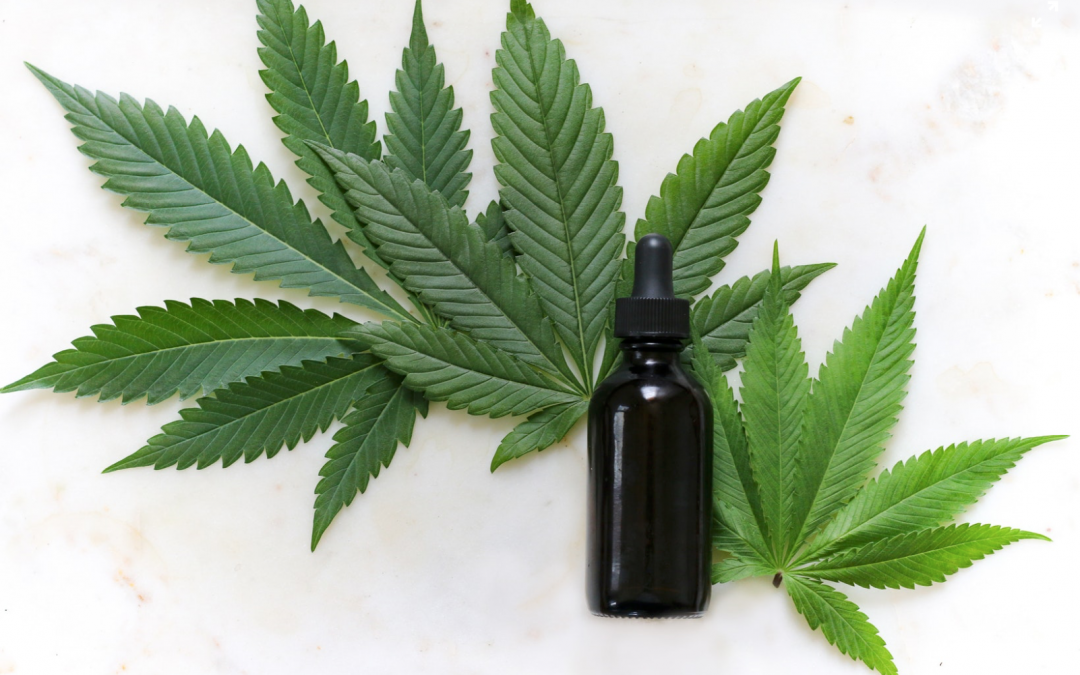This year, the 86th Texas Legislature made the first vote on the House floor regarding the reduction of penalties for drug crimes involving marijuana in over forty years. Several bills involving cannabis were introduced to Legislature over the session. These potential Texas cannabis laws deal with everything from reducing criminal penalties for marijuana possession, the future of an agricultural hemp industry in Texas, and expanding the use of medical marijuana in Texas.
Several bills have been passed by the Texas House of Representatives, but many are still awaiting the Senate vote before the 86th Legislature comes to a close at the end of this month.
Pro-cannabis advocacy groups like Texans for Responsible Marijuana Policy have advocated for several new marijuana laws that would turn minor possession cases into civil infractions. Civil infractions, like traffic laws, involve paying fines and don’t leave a criminal record.
Texas also has some of the strictest laws regarding marijuana medicinal uses. Advocates had hoped to expand its use for medicinal purposes by adding to Texas’ “Compassionate Use Act.” This would allow more potent products and and greater access to Texans with qualifying medical issues.
House Bill 63 – Decriminalization of Possession of Small Amounts of Marijuana
Many advocates were hopeful for House Bill 63, which aimed to remove minor possession cases from its place as a crime. Currently, possession of two ounces or less of marijuana is a Class B misdemeanor. Under Texas law, a Class B misdemeanor is punishable by up to 180 days in jail and a $2,000 fine. HB 63 aimed to turn possession of one ounce or less of marijuana into a civil infraction instead of a criminal charge.
HB 63 was passed by the Texas House of Representatives on April 30th with bipartisan approval, but only after several amendments were made. Instead of being a civil infraction as the original bill stated, possession of less than one ounce of marijuana will be a Class C misdemeanor instead of a Class B misdemeanor.
In Texas, a Class C misdemeanor is punishable by a fine of up to $500, but no jail time attached. Possession of between one and two ounces of marijuana would still be considered a Class B misdemeanor. From there, the severity of punishment for possession of marijuana increases as the amount possessed increases as before.
A Class C misdemeanor has no jail time attached, but can impose hefty fines (especially when caught up in multiple convictions), and will still leave a criminal record that can be seen by future employers.
HB 63 is still awaiting a vote in the Texas Senate, which will determine the fate of the bill. If passed, the law would come into effect on September 1, 2019.
House Bill 1365 – Expansion to Compassionate Use Act
Currently, Texas has one of the strictest medicinal marijuana policies of the 50 states. Medicinal marijuana is only allowed in specific cases of intractable epilepsy, with the recommendation of two physicians. The Compassionate Use Act was signed into law in 2015 and legalized high levels of CBD and low levels of THC, the psychoactive component of marijuana. Texans with intractable epilepsy may qualify to use marijuana for medicinal purposes if they have not responded to federally approved medication.
HB 1365 would also increase the number of dispensaries that the Texas Department of Public Safety (DPS) can authorize from three dispensaries to twelve. They would also oversee the growth and distribution of the product, as well as testing facilities to analyze the makeup and safety of cannabis for medical purposes.
HB 1365 aims to expand the kinds of conditions able to qualify for medical marijuana. These new conditions would include:
- Cancer
- Glaucoma
- HIV
- Amyotrophic lateral sclerosis
- Crohn’s disease
- Ulcerative colitis
- Alzheimer’s
- PTSD
- Autism
- Sickle cell anemia
- Parkinson’s disease
- Muscular dystrophy
- And Huntington’s disease
This bill was passed with amendments by the Texas House of Representatives on May 7th. It is still alive and currently waiting on Senate approval. It would limit a 0.5% THC content cap by dry weight, where the standard amount is 9% to 30%.
HB 3703 – Alternate Expansion to Compassionate Use Act
Rep. Stephanie Klick introduced the original Compassionate Use bill back in 2015. Under current Texas cannabis laws, the Compassionate Use Act allows low-THC marijuana use only for intractable epilepsy. House Bill 3703 expands the conditions that could qualify for medical marijuana, though it does not cover as many medical conditions as HB 1325. For example, cancer and PTSD diagnoses are not included in HB 3703. However, it would open the door to medical marijuana for any seizure disorder, not just intractable epilepsy, and multiple sclerosis.
This bill would maintain the limit of 0.5% THC and requires the patient to get a recommendation from a neurophysiology specialist on the Compassionate Use Registry of Texas, as well as receive a recommendation from a secondary physician. The second referring physcian does not also have to be a specialist, as it currently required under the Compassionate Use Law.
HB 3703 would also go on to “[e]stablish an in-state low-THC cannabis research program managed by the Health and Human Services Commission (HHSC).” This would allow due testing and research of cannabis to ensure quality and safety of medical marijuana in the state.
HB 1325 – Hemp Farming Act
House Bill was passed by both the Texas House of Representatives and received the approval of the Texas Senate two days ago. HB 1325 has to do with the production and regulation of hemp farming in Texas. The bill expressly states that one of the main purposes of the bill is to “move this state [Texas] and its citizens to the forefront of the hemp industry.”
Hemp is a very low-THC member of the cannabis family, a sort of cousin to marijuana. Generally, hemp refers to the fibrous part of the cannabis plant, which has a multitude of uses. Hemp can be used make:
- Rope
- Fabrics
- Flour
- Oils
- Paper
Hemp can be a useful and versatile material and includes less than 0.3% or less of THC by dry weight. Many are hopeful that this bill will support the Texas agricultural industry, as many states are still inconclusive on the farming of hemp. Currently, hemp and CBD products are legal, but hemp farming is not. This means that Texan producers of hemp products must import the hemp from elsewhere even if they create their products here, and this bill could expand the Texas economy by allowing production o hemp within the state.
This bill does not legalize the use of marijuana, and carries penalties for farmers found to be growing cannabis of more than the established 0.3% THC by dry weight.
Thank you for reading the legal news blog of The Law Office of Gabriella Young. We are an Austin, Travis County, and Williamson County criminal defense law firm, covering personal injury, DWI, and and our jail release assistance is available 24/7. We are dedicated to our clients and their futures, and will handle your case with compassion and dedication!

